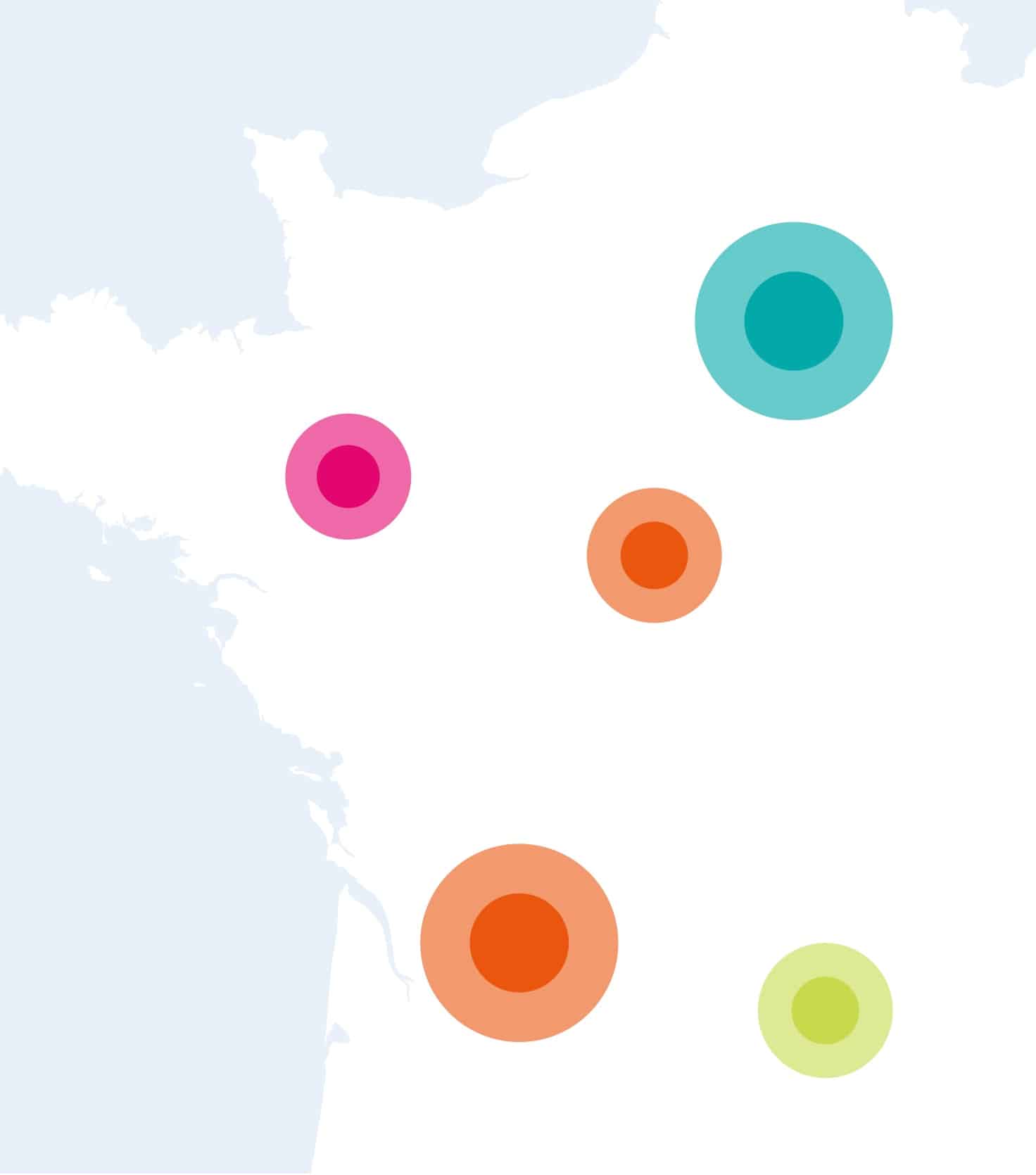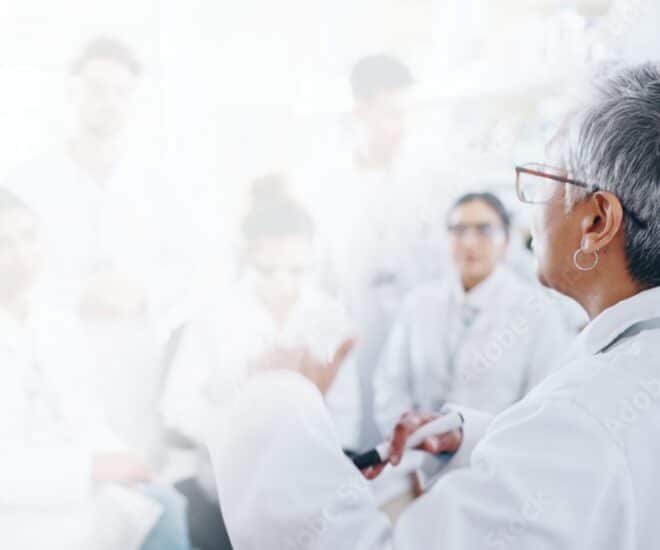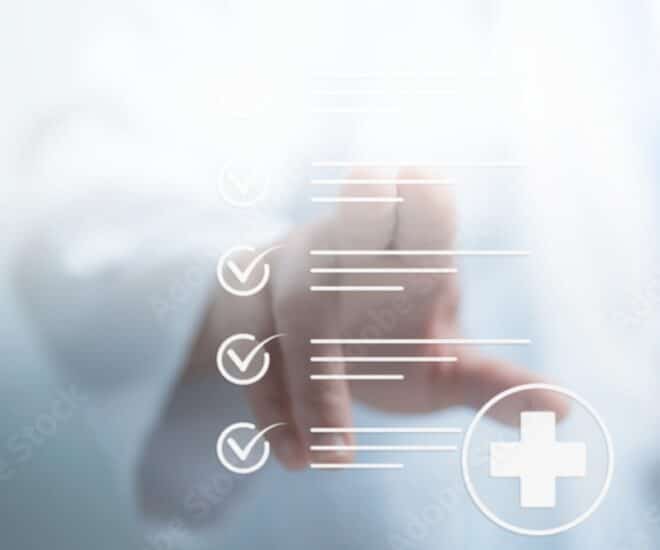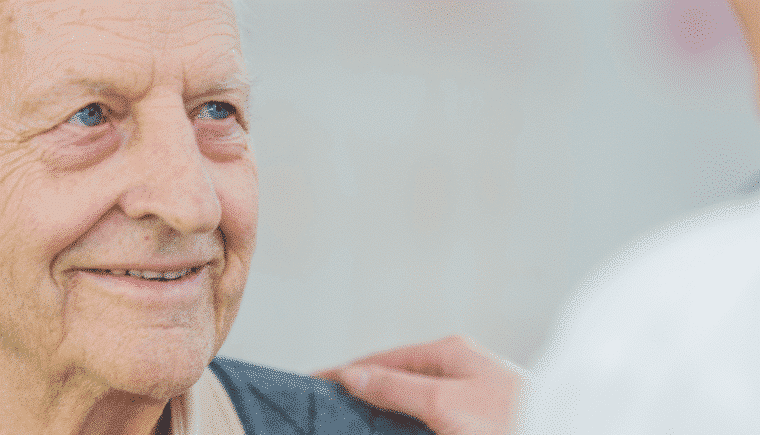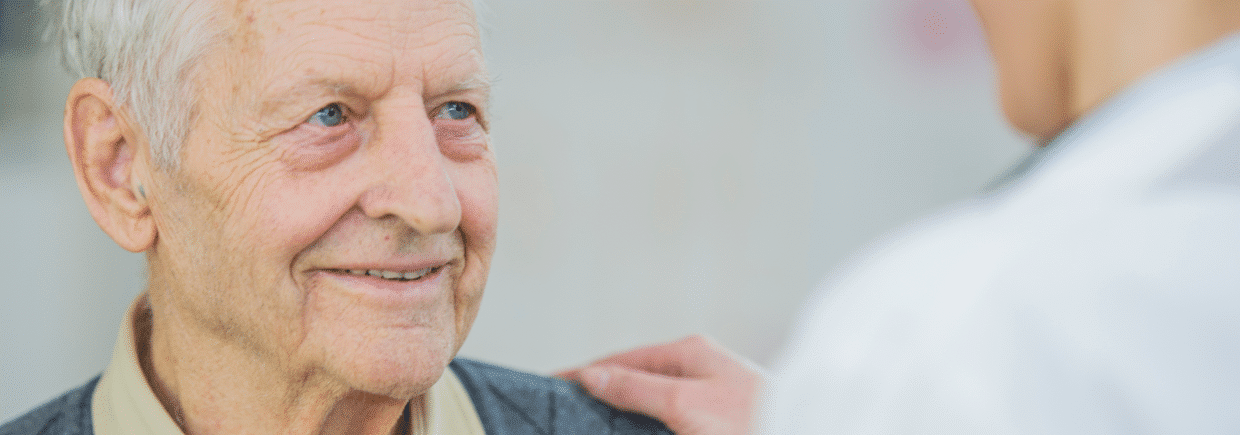The Unicancer network is a major stakeholder in prevention and screening. We are reinforcing our action in primary, secondary and tertiary prevention and we are working on two complementary levels: integration of prevention in all the healthcare pathways of patients treated by a French comprehensive cancer centre (Fccc) and in prevention-focussed research programmes.
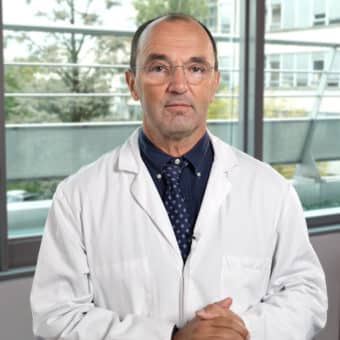
“Unicancer has made the stepping up of its cancer prevention policy one of the main priorities among its proposals as part of the Ségur de la Santé and the ten-year strategy for the fight against cancer”
Prof. Jean-Yves Blay, President
A network committed at all levels of prevention
With a comprehensive approach and care management, our network acts at all levels of prevention by mobilising its human (expertise of teams) and technical (cutting edge technical platforms, new technologies) resources:
Primary prevention: actions on the risk factors of cancer to prevent the development of the disease
- In relation with the local authorities, the Centres are relays for national and regional prevention campaigns, including the fight against smoking, risks of exposure to the sun, behaviour and environmental factors in the incidence of cancers. Unicancer has recognised the priority given to primary prevention in the French ten-year cancer strategy and wishes to reinforce the dissemination of public health recommendations in this field.
Secondary prevention: actions for early screening of disease progression, by preventing second cancers in particular
- In liaison with the health associations in their area, the cutting edge technical platforms of French comprehensive cancer centres (Fcccs) manage a large part of the screening activity in each region, to prevent the risks of second cancer for our patients.
Tertiary prevention: actions for the prevention of the consequences of treatments and risks of relapse
- This level of prevention has been covered in numerous research projects and is integrated in the FCCCs’ patients’ healthcare pathways, via different practices: nutritional support, prevention of treatment-related toxicity, therapeutic education and exercise programmes, early and late post-cancer follow-up assessment of risk factors, etc.
Our Centres, at the forefront of prevention and screening
Thanks to its territorial network and its presence all across the country, the Unicancer network plays a central role in the national cancer prevention policy. Based on their ability to combine all the relevant aspects of prevention and screening and in their rightful capacity, our Centres:
- Are major stakeholders in prevention and screening, especially as reference regional experts and stakeholders, recognised by the regional health agencies (Autorités régionales de santé – ARS)
- Have cutting edge imaging, biomolecular analysis and oncogenetics technical platforms, required for prevention and screening
- Are able to maintain the continuum of the entire prevention chain
- Have been involved for some time in departmental associations and regional cancer screening coordination centres
The Centres in our network are developing a prevention offer focussed essentially on actions targeting their patients and, in certain cases, their families:
- Prevention for patients in terms of oncogenetics and personalised prevention: targeted screening, post-treatment support and primary prevention
- Relays for various national general information and prevention awareness-raising campaigns
Some are also conducting integrated prevention actions for internal and external publics and research programmes. Numerous initiatives by the centres in relation to prevention have also been rewarded by the Unicancer Innovation Award.
Unicancer Prevention Group
Symbol of its commitment to prevention, Unicancer has set up a “Prevention Group” which pools efforts and skills within the network to position the Fcccs as a driving force for the implementation of the French ten-year cancer strategy.
This group aims to make prevention a cornerstone of the Fcccs’ patient care model, especially through personalised prevention for our patients, and, in certain cases, for their families and centre staff. It also aims to position French Comprehensive Cancer Centres as prevention stakeholders in the broad sense of the term:
- Prevention in the general population
- Screening (organised, individual)
- Personalised and tertiary prevention (risks of second cancer for our patients, risks related to genetic factors or specific exposure with respect to families)
Centres’ prevention actions
Prevention initiatives are rewarded by the Unicancer Innovation Award, in the category “Prevention and screening” from 2014 to 2018. An overview of the projects rewarded in this category since 2014 highlights the commitment and the actions led by the FCCCs:
- 2014: Occupational cancers: identifying them to better prevent them. Implementation and assessment of a systematic method of detecting the occupational origin of broncho–pulmonary cancers – Centre Léon Bérard, Lyon
- 2015: High risk of breast cancer. An evaluation and recommendation multidisciplinary team – Institut Paoli-Calmettes, Marseille
- 2016: Serious game Toxic Tabac – Institut du Cancer de Montpellier
- 2017: Epidaure Market: an innovative, fun teaching tool at the service of prevention – Institut du Cancer de Montpellier
- 2018: 1, 2, 3 Soleil – Institut du Cancer de Montpellier
Do you want to quit smoking?
Prevention-focussed research programmes
Unicancer is leading several flagship research programmes that are especially relevant for prevention and screening:
- MyPeBs: an international randomised study coordinated by Unicancer aiming to assess the effectiveness of a personalised breast cancer screening, based on each woman’s individual risk of developing the disease, compared to the standard screening
- CANTO: (CANcer TOxicités): study dedicated to the improvement in the quality-of-life of women with localised breast cancer through the reduction of risks and consequences of cancer and its treatments
- Oncobiome : programme aiming to identify gut oncomicrobiome signatures (GOMS) associated with incidence, prognosis and resistance to treatment and to their toxicity in breast, colon and lung cancer and melanoma
- DISCO: in the Centres, we could cite one study on connected objects conducted on patients followed up for breast cancer by Centre Léon Bérard, with Orange Healthcare. Equipped with a connected bracelet to monitor exercise, the patients’ declarations on their state of health (symptoms, current treatments etc.) enable real-time self-monitoring and monitoring of patients by the professionals in the centres.
Our research and innovation activities
Partnerships dedicated to prevention and screening
As prevention requires intervention and coordination by multiple stakeholders, Unicancer has established several partnerships and created groups of experts on these themes:
- Groupe onco-addition (GOA) by Unicancer to help patients stop smoking and support them in other forms of addiction
- The Groupe pour la prévention des infections en cancérologie (GPIC) ,a Unicancer inter-centres group dedicated to the integration of the fight against healthcare-associated infections (HAI) in global patient management
- FEGEFLUC (Fédération Nationale des Groupements des Entreprises Françaises dans la LUtte contre le Cancer), a federation bringing together the respective expertise and resources in order to promote fast-growing prevention of cancers in the workplace.
- The initiative “employers for health” sponsored by Santé Publique France, which aims to extend its services offer for employers in prevention and the promotion of health among employees. A web space dedicated to the prevention of smoking was opened in 2021; it will transform in 2022 into a platform on addictions and, in 2023, to a programme covering all initiatives in the field.
Prevention officers in each Centre
Specific services are dedicated to prevention in the Centres: please refer to the website of each centre on the interactive map below.
